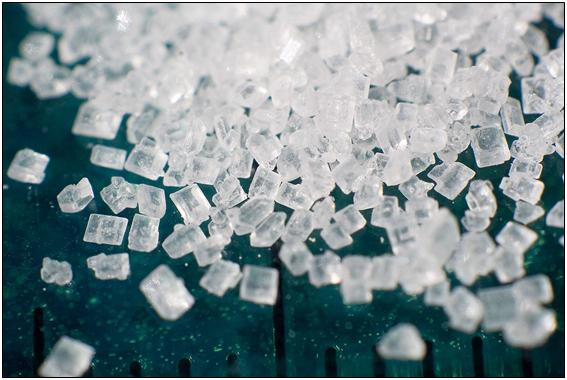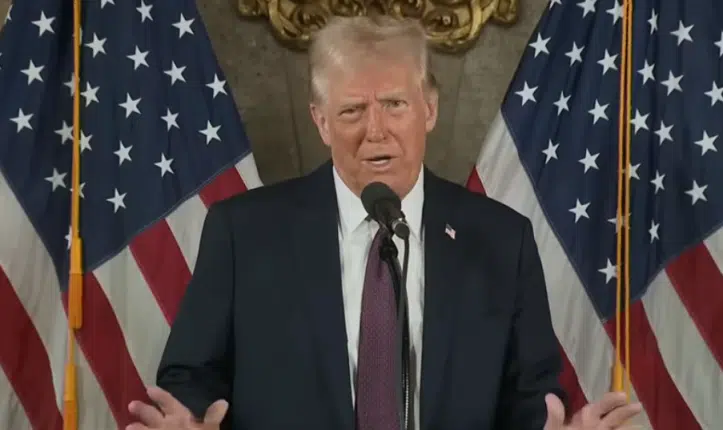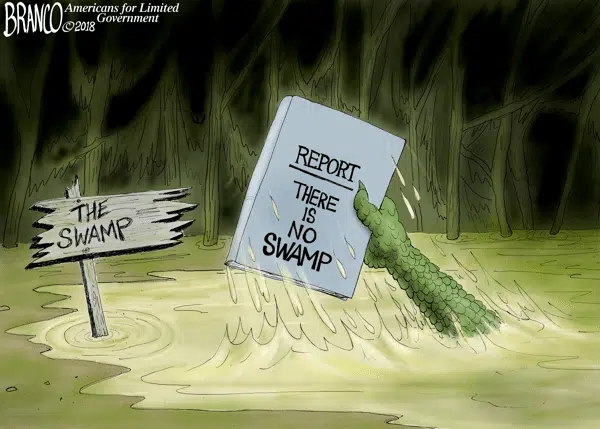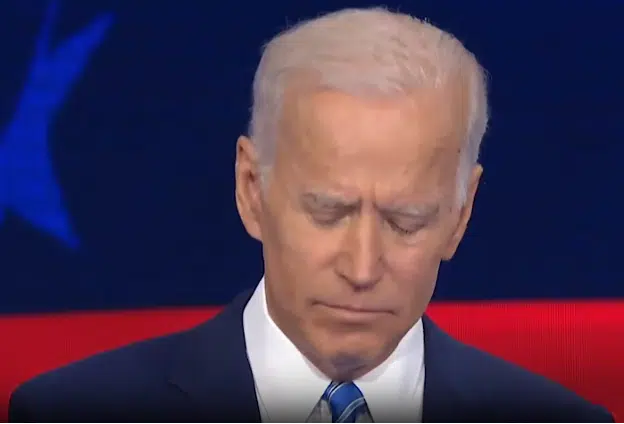By Rick Manning
Americans were stunned in late March and throughout most of April and May that many of the shelves that normally carried staples at the grocery store were empty. This, more than any other image, stunned many as it demonstrated the fragility of our nation’s supply chains and the potential dangers to food supplies.
One part of the grocery store that recovered rapidly was the baking section, in particular, the availability of sugar. This is not because the U.S. sugar industry was not impacted, but rather because the U.S sugar industry is vertically integrated and geographically disperse, and so sugar producers could halt the normal bulk shipments to restaurants and other mass users, and ramp up production of smaller bags found on the grocery shelves in almost immediate response to the change in demand.
This is in contrast to how supply shortages and changed consumer behavior devastated many other aisles at the grocery store, ranging from flour to the meat counter.
All the while, domestic supply disruptions have led directly to a surge in food imports to the U.S., according to March data from the U.S. Census Bureau, with a year to date increase of 3 percent in the first three months of 2020. More data will become available when the April report is released on June 4.
This makes U.S. agriculture particularly vulnerable to lost market share as some U.S. producers shutter operations, others have to destroy crops they can’t get to market, and foreign competitors look to take advantage. But, does it make sense for the United States to become more dependent on others for food? Again, sugar provides a powerful case study.
More than a decade ago, the European Union ended their domestic sugar supports opening them to a flood of subsidized imported sugar. Ever since, prices there have fluctuated wildly. The immediate surge of subsidized sugar imports sent prices tumbling and bankrupted EU producers. Then, when the global sugar glut tightened as more countries used sugar for ethanol, EU prices spiked because they lost so much domestic supply. Now, prices have again fallen as the EU to re-subsidized its sugar industry to aid in rebuilding – to the detriment of taxpayers.
A similar change to U.S. sugar policy right now would be sure to yield similar results. Brazil is again stockpiling sugar as cheap oil has curbed the appetite for cheap ethanol. And the number-two global exporter, India, continues to increase sugar subsidies that fuel overproduction.
Adding to the domestic food supply challenge, the U.S. dollar has never been stronger on a trade-weighted basis as central banks and financial institutions flood into treasuries markets, acting as an additional major subsidy for foreign producers shipping to the U.S. including agriculture.
The stronger the dollar relative to trade partner currencies, the cheaper imports become, and the more expensive exports out of the U.S. economy become.
That is why the Trump administration, including the U.S. Trade Representative, ought to advocate at the World Trade Organization for a zero for zero end to global agriculture subsidies and to stop the dumping into U.S. markets with an initial focus on sugar. In a reciprocal manner, when foreign government stop subsidizing their food products, we’ll stop subsidizing ours.
A similar approach has been adopted by U.S. Rep. Ted Yoho (R-Fla.), who has legislation to codify such an approach to sugar policy into federal law, allowing President Trump to say to world leaders that the law is in place to end U.S. subsidies as soon as the WTO certifies that foreign competitors have ended theirs. A common-sense solution that ensures that agriculture markets actually become free but also are fair.
All told, these subsidized supplies and increased subsidization threaten U.S. farmers through the dumping of foreign crops onto the U.S. market. The Trump administration should be watchful during this pandemic for this exact kind of subsidized dumping, and take aggressive actions as become necessary.
We are best when subsidies are removed, and our producers behave like businesses — investing in efficiencies and supply chain improvements that benefit us all. But to get there will require reciprocal action by the U.S. and trade partners working in concert. Representative Yoho’s Zero for Zero legislation is the right step toward achieving this obvious objective.
Rick Manning is the President of Americans for Limited Government.







